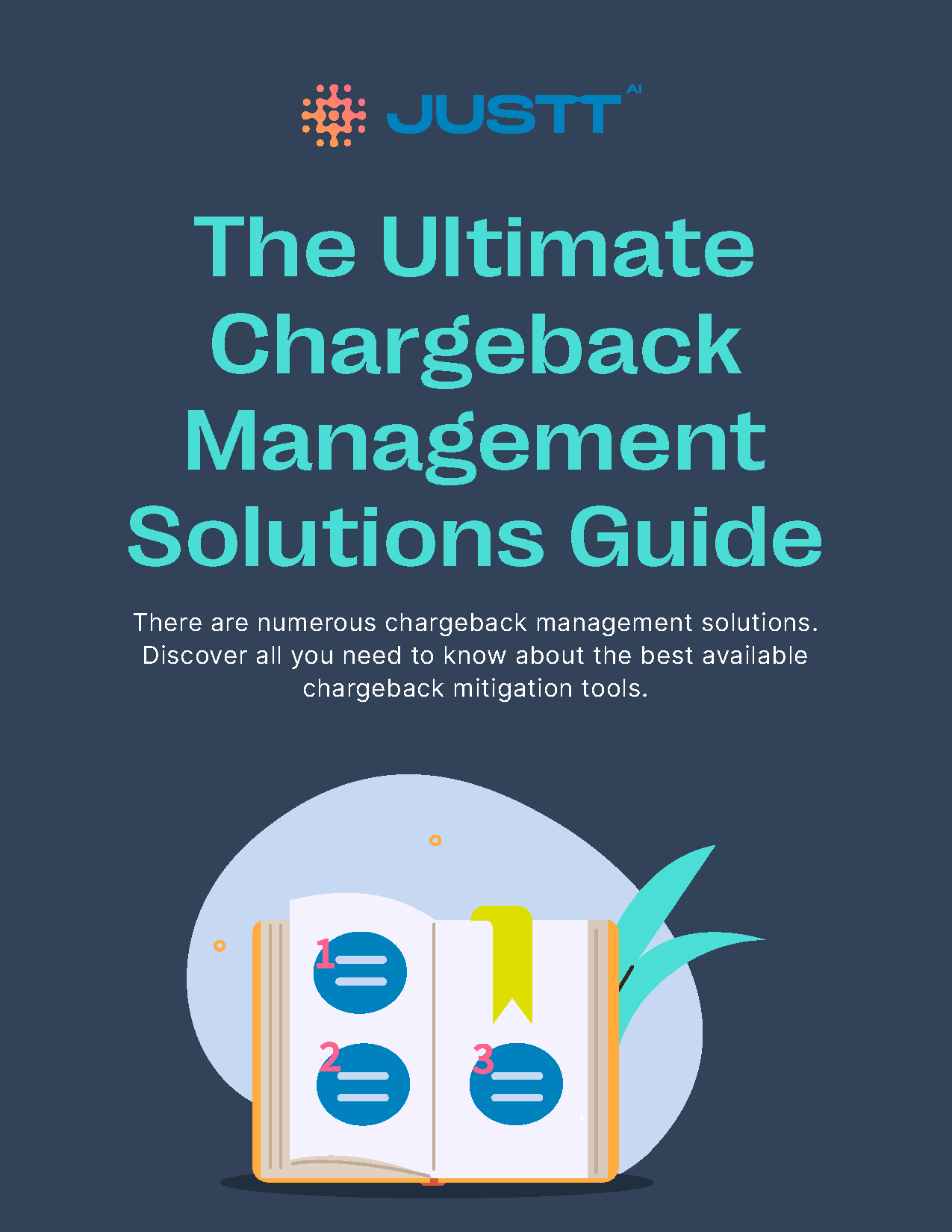
Once a chargeback is filed, both the merchant and the issuing bank participate in a process in which they present their competing claims. The process is governed by specific rules and can take as long as 120 days to resolve.
For a more detailed walkthrough of the process, check out our blog post “How Does a Chargeback Work?”
It can take up to 120 days, depending on the reason code under which it was filed.
Chargebacks are complicated, time-consuming, and costly. The card issuers (Visa, Mastercard, and others) regularly change their complex rules, requiring chargeback analysts to continuously keep up with changing regulations. Merchants that deal with chargebacks in-house must divert attention and resources away from their core business to handle them.
Most fraud solution companies focus on the prevention of fraudulent transactions that trigger chargebacks by reviewing transactions before they are approved and looking for signs of probable fraud.
The Justt solution addresses all chargebacks after transactions have been completed by building the evidence against chargebacks to recover lost funds.
In addition, anti-fraud solutions that provide a “chargeback guarantee” only cover the financial loss of chargebacks labeled with a fraud reason code. They do not cover service-related chargebacks, such as “merchandise/services not received.” Justt handles all chargeback reason codes.
Justt has exceptionally high success rates that are unmatched in the industry:
83%+ of chargebacks fought
95% of chargebacks in arbitration
How is that possible? This isn’t magic; it’s science.
Justt handles every last detail related to chargebacks, leaving you to focus entirely on your business.
You pay only when we’re able to recover your lost revenues – from which you pay 35% as a fee to Justt. That’s it – fair and simple.
An easy-to-use dashboard will help you keep track of the status of your chargebacks and gain insights to guide decision-making. And you can view it on any device.
The Justt expert support team is available whenever you need us, for any and all issues.
The Justt team has unmatched expertise and years of experience in the chargeback mitigation industry. Partnering with us gives you access to top-tier experts who will offer you tips and information to reduce your risks as an online merchant.
